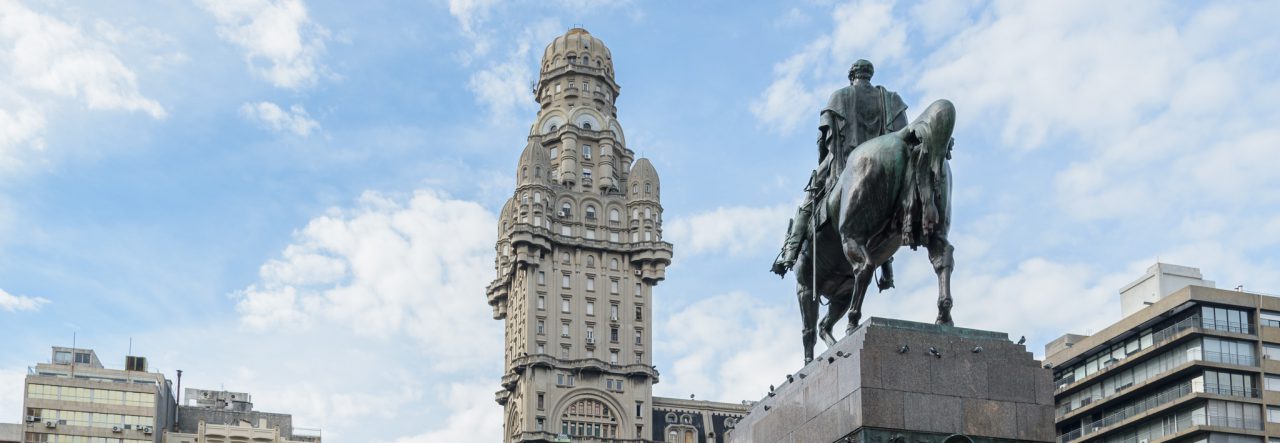Chery claims the plant has lost 4 million dollars this year.
With 81% of its employees now on unemployment insurance and losses reaching $4 million USD, the auto company Chery Socma is considering closing its assembly plant in Uruguay. The government has already scheduled a meeting to hear about the situation first hand.
“The Argentina tariffs and their refusal to grant access to the import quota for 4,000 [Uruguayan] vehicles into [Argentina]” (agreed upon in a free trade treaty) are the reasons that the directors of Chery Socma are evaluating closing, in the short-term, their factory in Uruguay.
It seems that the firm has exhausted its waiting time. “”We are [nearly] in August and they have released less than a third (1,250) of the quota” Daniel Villamarí, a Chery director told El País. The situation has paralyzed the business there is little chance that it will change. Wednesday afternoon the company’s partner in Argentina contacted his counterparts in Uruguay and told them that the firm’s situation “is unsustainable” and they should “discontinue production in Uruguay”.
According to Villamarín, this is not to say “[Chery] will retire from the market, because we sell Chinese [produced] cars also”. Given the situation and 300 employees placed on unemployment insurance since March, the company has not found a solution to the Argentinean problem.
The plant has been in trouble since the end of 2011. “Last year closed with bad numbers in red. We lost a ton of money, we exported around the clock and we have been suffering this for a long time” said the local director.
For Chery, the only solution is that Argentina “loosens and grants the quotas” and that they “honor and respect” pre-existing bilateral agreements.
The businessman challenged the Uruguayan government to get involved in the matter. According to Villamarin “the state is not taking the necessary steps to free this quota. The whole world protests, but they protest in the wrong place” he said.
For his part , the director of Industry, Sebastián Torres, told El Pais he will be on top of the situation and said that he will coordinate “a meeting between “Chery and the Economy Ministry next week to get all the details”. He confirmed that he will resume contact with his Argentinean counterparts to ask for the second third of the quota, “”we will ask again to them [the Argentinians] to free car exports”.
According to Torres, inside the Secretary of State they believe this protectionism, a product of the international crisis, “has come to stay; we have to realize this will continue for at least a year and a half. That is the logic that is driving us”, he said.
Despite Chery’s problems, the director of Industry told El Pais that the auto sector “is one of those that have grown the most compared to 2011”.
According to Ramón Cattáneo, the secretary for the Chamber of Automobile Industry (CIAU), the only way to end the problems in the sector is “for Argentina to free the quotas, but at this point in the year, it is difficult to believe that would happen, I don’t see any open door now”.
While Chery’s plant is the most affected since 60% of their exports go to Argentina, Cattáneo reported most plants are in a similar situation. Nordex laid off 110 workers from a plant that employees 350. Effa’s plant is paralyzed by the conflict with Brazil and its 300 employees have no work.
This Uruguay Business reports news article is a translation of an article that appeared in the Uruguayan newspaper El Pais. The original article is available in Spanish here. Uruguay Business Reports translation by Donovan Carberry.



